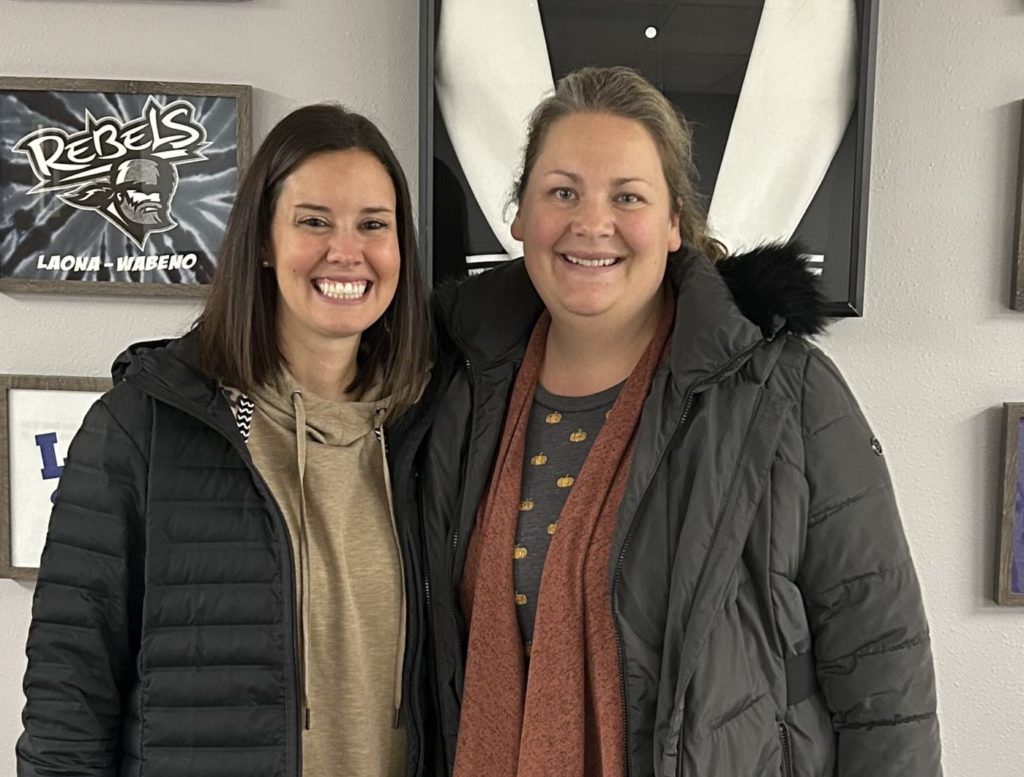Proteges

A protege will be assigned a mentor, whose role is to provide guidance, support and resources so that the protégé will be better prepared to meet the needs of students with visual impairments.
“My mentor was really was really helpful and provided me with amazing resources and guidance. I have taught for many years but this was my first as a TVI. He helped me navigate the role”.
“My mentor is wonderful! She was always available to answer my questions or find resources that would help me. She is an excellent teacher of the visually impaired and very dedicated to the field”.
Who can be a protege?
- TVIs who are newly-licensed and working in the field may receive mentoring services until fully licensed
- 1st year TVI or O&M who has completed a program will receive mentoring services for one year with an optional second year
- TVI or O&M who is new to the state or re-entering the profession will receive mentoring services for one year with an optional second year
*In Wisconsin, an O&M must have completed an O&M program approved by the Association for Education and Rehabilitation of the Blind and Visually Impaired (AER) and hold a valid O&M license from DPI. For information about obtaining an O&M license, please visit the DPI O&M License page
To participate in this program as a Teacher of the Visually Impaired protege, you must have a current teaching license. For information about obtaining a teaching license, please visit the DPI Educator License page.
If you have a license based on reciprocity, please visit the DPI Pathways to Licensure page.
Benefits for proteges:
- Opportunities for same-certification collaboration and problem solving
- Increased professional expertise through modeling
- Partner with and receive support from an experienced colleague in the unique field of vision
Minimum contact between mentor and protege includes the following:
- One introductory meeting at the beginning of the period of performance school year.
- A minimum of one informal observation: mentor observes protege or protege observes mentor during the period of performance school year.
- One shared professional development event (e.g., webinar, conference, district/CESA/agency professional development)
- A minimum of two routine contacts per month (e.g., text, email, phone, mail, virtual platform, in person)
- End of the year meeting with mentor
* trainings, meetings, observations, shared professional development may be virtual